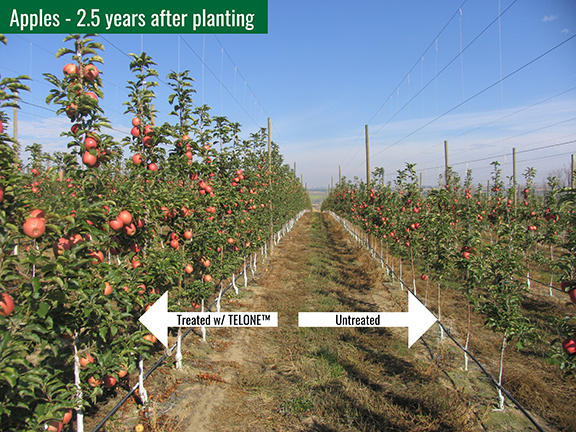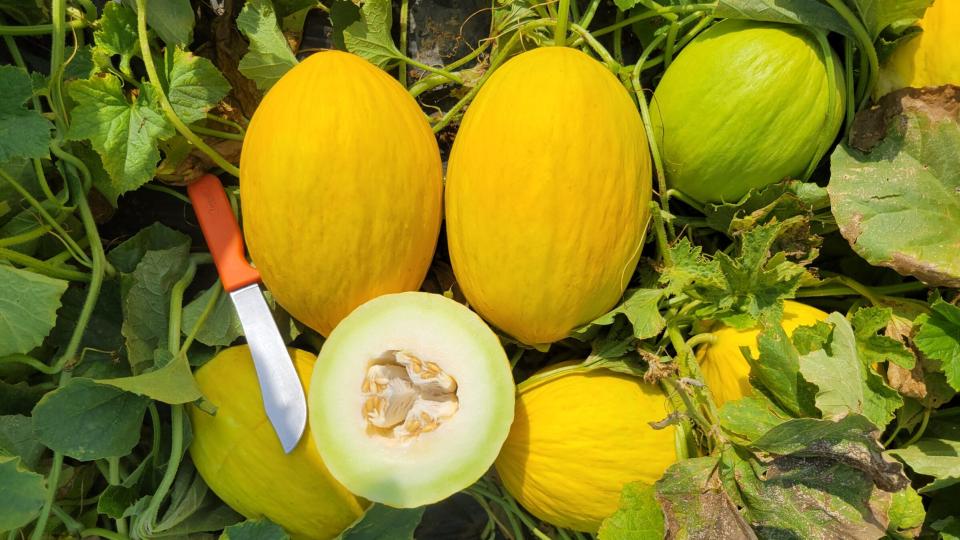Opinion: A GM Crop Opponent Can Change Its Spots

The fact that we are a conspiracy-obsessed society is nothing new. There are conspiracy theories that go all the way to Lincoln’s assassination. But, in the age of the Internet, our search for alternative answers to what is most likely the truth seems enhanced.
Just go to YouTube and search “9/11.” Good grief! There are some wild ones out there. In some ways, the debate over genetically modified (GM) crops has taken on the feel of a conspiracy theory. There is a belief among some that multinational companies have a secret cabal to rule the world’s food supply with little regard that they are poisoning everyone in the process.
Now I am up for a good conspiracy any day, but it strikes me counterproductive to poison off your consuming public. Opponents argue GM crops are the cause of many health problems and other ailments in society. I’d counter our health problems have more to do with our poor diets or hunger itself in developing countries. This debate has become so hot that opposing points of view often get shouted down, while the claims grow wilder.
Recently, Mark Lynas gave a remarkable speech to the Oxford Farming Conference in England. Why was it remarkable? Lynas was a pioneer in the anti-GM movement, but has since had a change of opinion.
He was the guy who raided GM trial plots and ripped crops out of the ground. He was a militant opponent, and for that, he apologized during his speech. “I am sorry that I helped start the anti-GM movement back in the mid-1990s, and that I thereby assisted in demonizing an important technological option which can be used to benefit the environment,” he said.
He outlined reasons for his change of heart in his speech, but the overall reason was: “I discovered science, and in the process, I hope I became a better environmentalist.”
He came to this point in his view on global climate change. To argue against what he believed anti-science anecdotes dismissing climate change, he studied up on peer-reviewed research and learned how to read scholarly journals. In this process, Lynas began to realize he had never placed the same scientific rigor to the study of GM crops as he had with climate change.
“So I did some reading,” he said. “I discovered that one by one my cherished beliefs about GM turned out to be little more than green urban myths:
- I’d assumed that it would increase the use of chemicals. It turned out that pest-resistant cotton and maize needed less insecticide.
- I’d assumed that GM benefited only the big companies. It turned out that billions of dollars of benefits were accruing to farmers needing fewer inputs.
- I’d assumed that GM was dangerous. It turned out that it was safer and more precise than conventional breeding using mutagenesis; for example, GM just moves a couple of genes, whereas conventional breeding mucks about with the entire genome in a trial and error way. But what about mixing genes between unrelated species? The fish and the tomato? Turns out viruses do that all the time, as do plants and insects, and even us. It’s called gene flow.”
I realize some of you believe there is a real problem with GM crops. My column is not meant to dismiss your opinion. I just found it interesting that a “true believer” could change his view.
As debate continues, both points of view should appreciate underlying this conversation is the need to feed a hungry world on a finite amount of arable land and diminishing water resources. This is a huge issue and one that will take the cooperation of both sides to meet the challenge.










